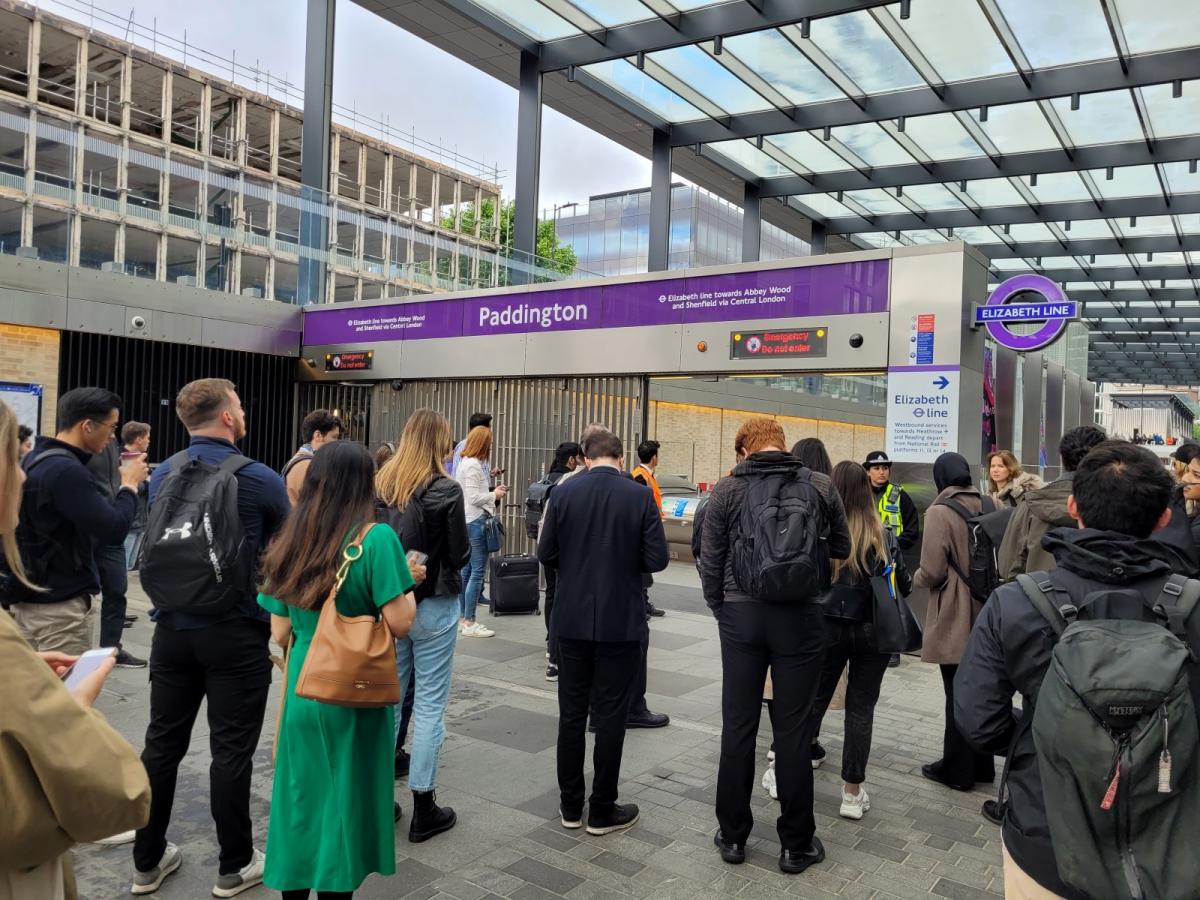18 December 2024
…between government promises and the real world…Photo Vladislav Gajic / shutterstock.com
The Labour government proposes to return most of Britain’s passenger rail services to public ownership. This will not of itself bring about changes and improvement to those services.
New transport secretary Heidi Alexander stated that existing private operators will now be transferred to the government-owned passenger train company at an average of one every three months.
Contracts expiring
On 25 May 2025, South West Railways will join existing operators LNER, Northern, TransPennine and Southeastern in public hands when the contract held by First Group and Hong Kong based MTR expires.
The contract for trains between London, Tilbury and Southend expires on 20 July. The service is currently run by c2c, owned by Italy’s main railway company Trenitalia SpA. Greater Anglia services will then follow in autumn 2025. The last contract, for Cross Country services from Scotland to Penzance and Bournemouth, expires in October 2027.
Alexander told parliament: “I will be monitoring very closely the performance of all existing train operators who run services under contract…we will not hesitate to take decisive action where an operator’s poor performance means that contractual conditions for early termination of a national rail contract are met.”
Inconsistent
But the Labour government has an inconsistent and incomplete approach to returning passenger rail services to public ownership and control. And its plans are silent on some key services.
The Govia Thameslink Railway contract which covers Southern, Gatwick Express, Thameslink and Great Northern trains across a huge swathe of south east England expires on 1 April 2025. The Chiltern contract for services from London Marylebone expires on the same day. Neither has yet been slated for renationalisation.
Successful new line
The Elizabeth Line in London is relatively new and spectacularly successful, showing what investment in rail infrastructure can do. The latest report on passenger numbers from the Office of Rail and Road shows that it accounts for around 13 per cent of all passenger rail journeys in Britain (excluding the Tube).

ORR quotes a Transport for London report which suggests that around 30 per cent of Elizabeth line journeys are “new” demand. These are trips that would either not have been made without the existence of the line, or would have been made by non-public transport.
…stays private
Yet in November, the Labour Mayor of London announced that TfL had awarded a new private contract to run London’s Elizabeth Line services until May 2032. All three partners in the joint venture are ultimately owned by foreign transport enterprises.
Renationalisation will in any case do nothing in itself to significantly improve services for the passenger. That will require a much more radical restructuring of Britain’s railways to reintegrate the railways into a single publicly owned organisation, reversing the fragmentation that has dogged the railways since privatisation.
Competing
Private “open access” passenger train operators will continue to run, competing with publicly-owned operators. Transport giant First Group, facing the axe from some franchises, sees the potential for profits to be made in open access.
First runs the Lumo service on the East Coast line and has just ordered fourteen new trains, worth £500 million, for new services between London and South Wales. But profits can only be made at the expense of the nationalised passenger operators.
Uncertain future
First Group’s train order has been welcomed by the 700 employees of train maker Hitachi. Its factory in Newton Aycliffe, County Durham, faced an uncertain future due to a lack of orders.
Keir Starmer was keen to claim credit for the government having facilitated this deal for the private rail operator. His government seems to face both ways when it comes to rail re-nationalisation.
‘Trade union Unite warned about risks to the industry with private companies controlling investment decisions.’
Trade union Unite has continually warned about the risk to jobs and the wider rail industry with stop-go order books and private companies in control of investment decisions. The recent order for Hitachi, while welcome, won’t change that.
We also need much greater investment in rail in a planned way, to ensure that the workers at Hitachi and Britain’s other train builders, and in the rail supply chain in general, have much more secure employment into the future and that they underpin a modern railway system, essential for Britain’s transport.
